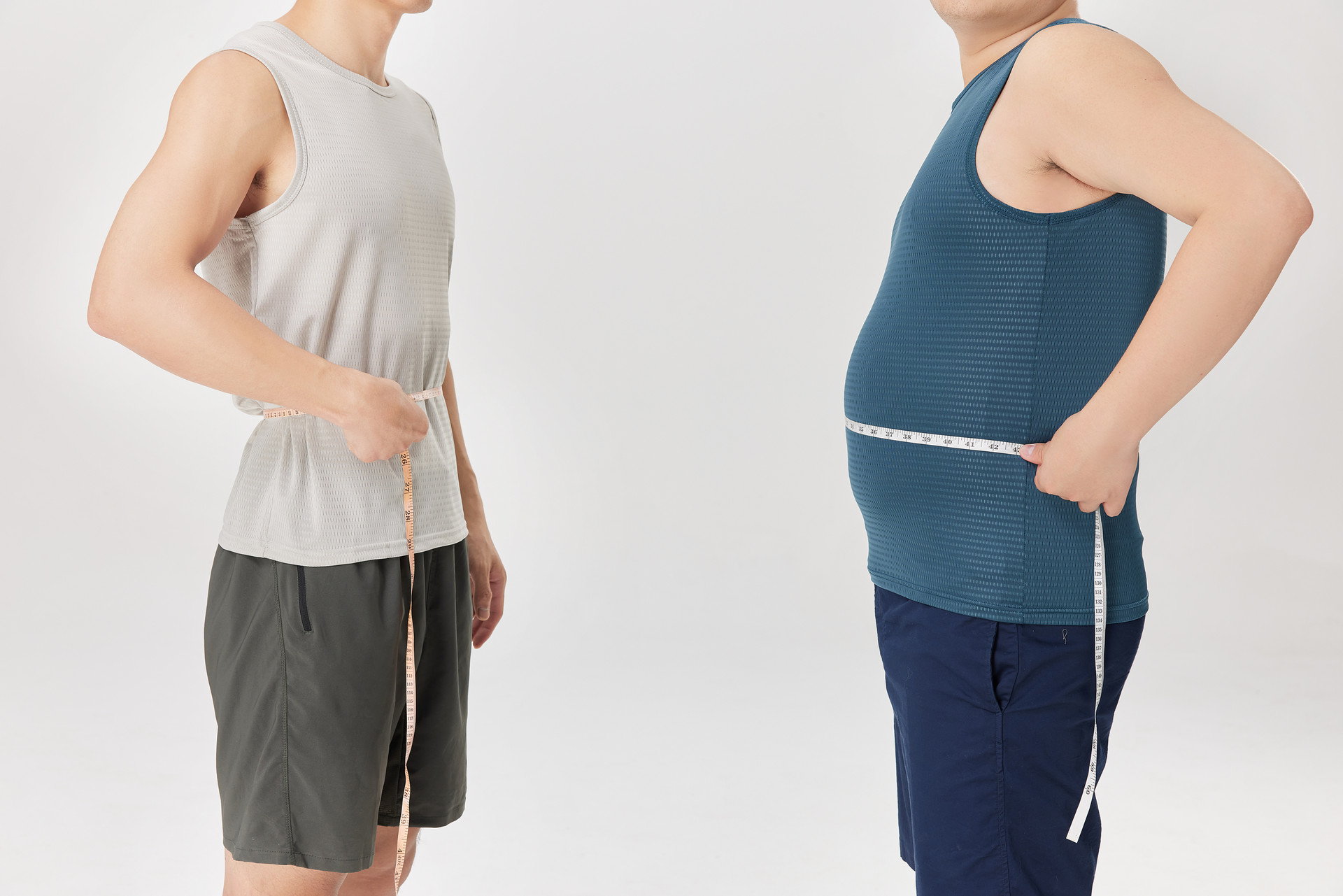Hypertension is determined by multiple factors and is not caused by a single reason. Numerous studies have shown that diet has a significant impact on the occurrence and development of hypertension and stroke. Excessive intake of sodium, alcohol, and fat in the diet can increase blood pressure. Additionally, research has indicated that individuals who frequently stay up late are more prone to developing hypertension and even experiencing strokes. As society progresses and competition becomes more intense, people's lives have become faster-paced and the pressures they face have increased. This leads to an increased secretion of catecholamines in the body, which can cause blood vessel constriction, elevated blood pressure, and increased cardiac workload. The likelihood of developing hypertension is 2-4 times higher in obese individuals compared to those with normal weight, and obese individuals with hypertension are more prone to developing coronary heart disease than those with normal weight. Furthermore, smoking and excessive alcohol consumption can also lead to hypertension. Harmful substances in smoke can damage the arterial endothelium, trigger atherosclerosis, and stimulate the sympathetic nervous system, causing small artery constriction and elevated blood pressure. The more alcohol consumed, the higher the blood pressure level, and long-term excessive alcohol consumption can lead to refractory hypertension.
How to Eat Properly for Men with Three Highs (Hypertension, Hyperlipidemia, and Hyperglycemia)
The diet should limit fat intake and reduce consumption of fatty meat, fried foods, animal organs, pastries, and sweets. Instead, it is recommended to consume fresh fruits, vegetables, fish, mushrooms, and low-fat dairy products.
Carbohydrates
Recommended: rice, porridge, noodles, yam, and soft legumes
Avoid: sweet potatoes (a food that can cause flatulence), dry legumes, and highly flavored biscuits
Protein
Recommended: low-fat foods (tender beef, lean pork, fish), eggs, dairy products (cream, yogurt, ice cream, cheese), soy products (tofu, soybean flour, tofu shreds, etc.)
Avoid: high-fat foods (fatty beef, pork belly, spare ribs, scaleless fish), processed meat products (sausages, etc.)
Fats
Recommended: vegetable oil, a small amount of butter, salad dressing
Avoid: animal oil, lard, smoked meat, oil-soaked sardines
Vitamins and Minerals
Recommended: vegetables (spinach, Chinese cabbage, carrots, tomatoes, lily bulbs, pumpkins, eggplants, cucumbers, etc.), fruits (apples, peaches, oranges, pears, grapes, watermelons, etc.), seaweed, mushrooms
Avoid: fibrous vegetables (bamboo shoots, corn), strongly stimulating vegetables (spicy vegetables such as mustard greens, onions, cilantro)






